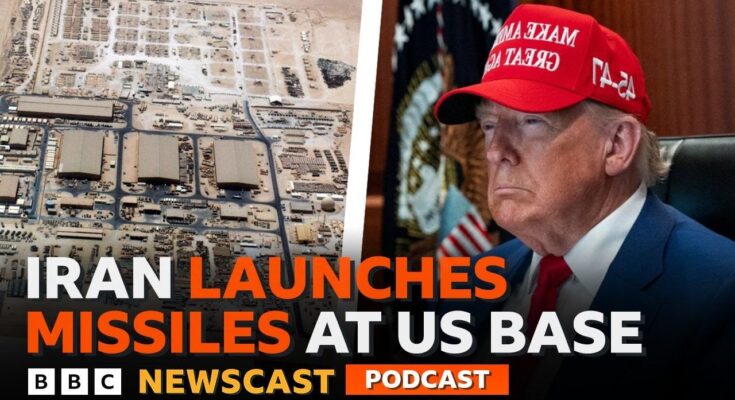In a dramatic escalation of regional tensions, Iranian state media has reported that the Islamic Revolutionary Guard Corps (IRGC) launched a series of ballistic missiles targeting United States military bases located in Qatar and Iraq. The strikes, which reportedly occurred late last night, have sent shockwaves through the international community, raising fears of a broader military conflict in the already volatile Middle East.

The Incident
According to Iranian state television, the missile attack was launched in retaliation for what Tehran described as “aggressive actions and repeated provocations” by the United States in the region. The report claimed that several medium- and long-range ballistic missiles were launched from Iranian territory, striking targets in both Al Udeid Air Base in Qatar and Ain al-Asad Air Base in western Iraq—two of the most significant US military installations in the Middle East.
Iranian authorities declared the strikes a “precise and legitimate response” to what they allege were covert US operations carried out near Iran’s western border. They also claimed that the attacks caused “significant damage” to US military infrastructure and resulted in casualties, although these claims have not been independently verified.
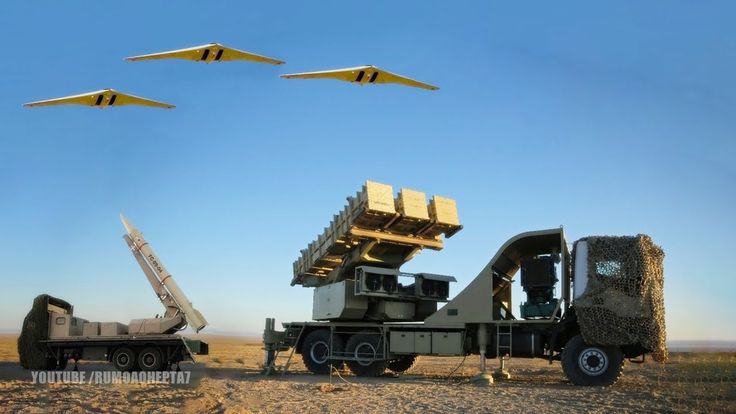
US Response
The Pentagon issued a brief statement acknowledging that missile attacks had been carried out against two of its bases. However, the US military was quick to downplay the damage, stating that early warning systems had allowed personnel to seek shelter in time and that casualties were “limited.” The statement added that the United States is still assessing the extent of the damage and considering “all available options.”
President of the United States, speaking from the White House early this morning, condemned the missile strikes as “a reckless and dangerous escalation” and vowed that the United States “will respond appropriately to ensure the safety of its personnel and allies.”
In his address, the President called on allies in NATO and regional partners to “stand in solidarity” against what he described as “Iranian aggression.” He further stated that diplomatic channels are still open but warned that “all necessary measures” would be taken to protect US interests in the region.
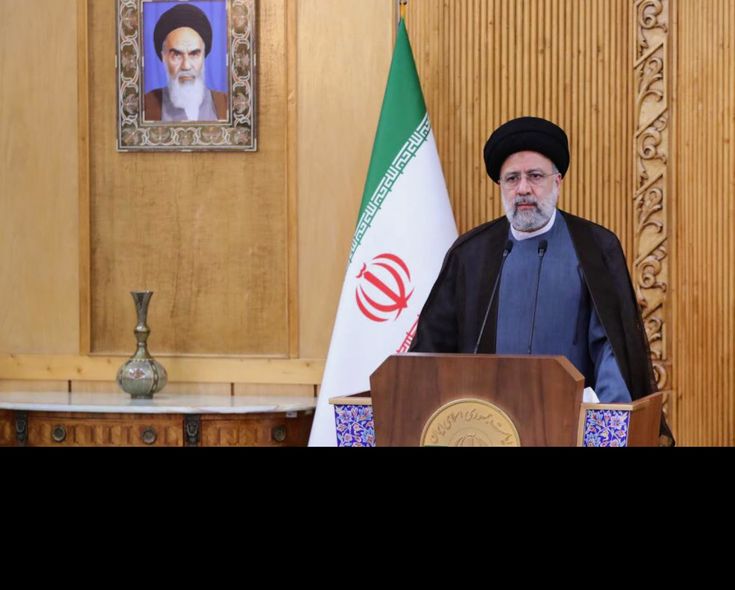
Reactions from Around the World
The international response to the attacks has been swift. The United Nations Security Council has called an emergency meeting to address the rising tensions. Secretary-General António Guterres urged both Iran and the United States to exercise “maximum restraint” and avoid any further military engagement. He warned that a miscalculation at this stage could trigger a full-scale regional war with devastating consequences.
European Union leaders issued a joint statement expressing deep concern and urging immediate de-escalation. French President Emmanuel Macron called the missile strikes “deeply alarming,” while Germany’s foreign minister described the situation as “a dangerous tipping point.”
Russia, a key ally of Iran, called for calm and emphasized the importance of diplomacy. The Kremlin stated that it is in contact with both Washington and Tehran in an effort to defuse the situation.
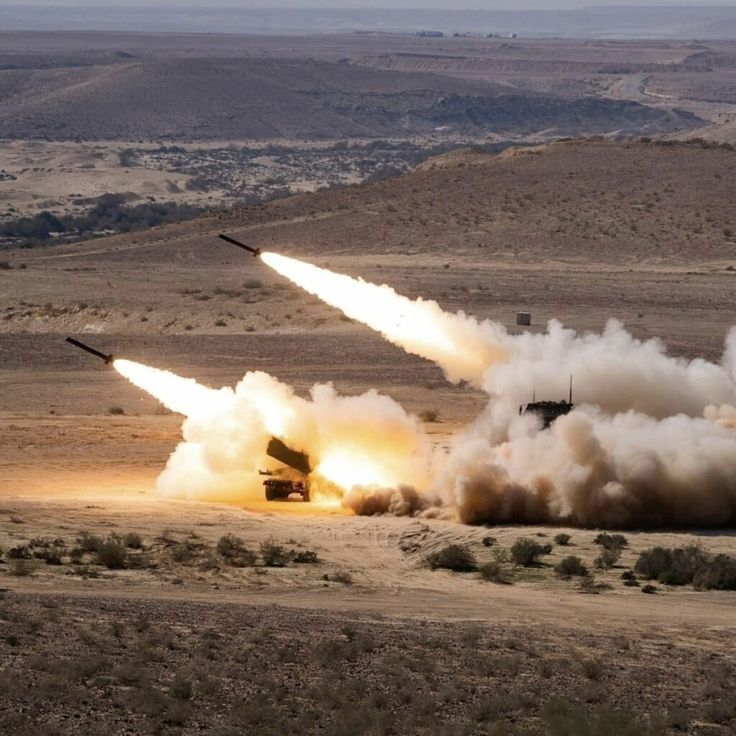
Why This Matters
This missile exchange comes at a time when the US-Iran relationship is already strained, particularly following the breakdown of the nuclear deal and a series of incidents involving naval confrontations, drone shoot-downs, and economic sanctions. Experts warn that the latest incident could mark a significant shift from proxy warfare and covert operations to direct state-on-state conflict.
Analysts believe that by targeting US bases in Qatar and Iraq, Iran is sending a deliberate and bold message: that it is willing to strike American interests far beyond its borders. Qatar hosts one of the largest US military presences in the region, and this marks a rare occasion where it has been directly targeted.
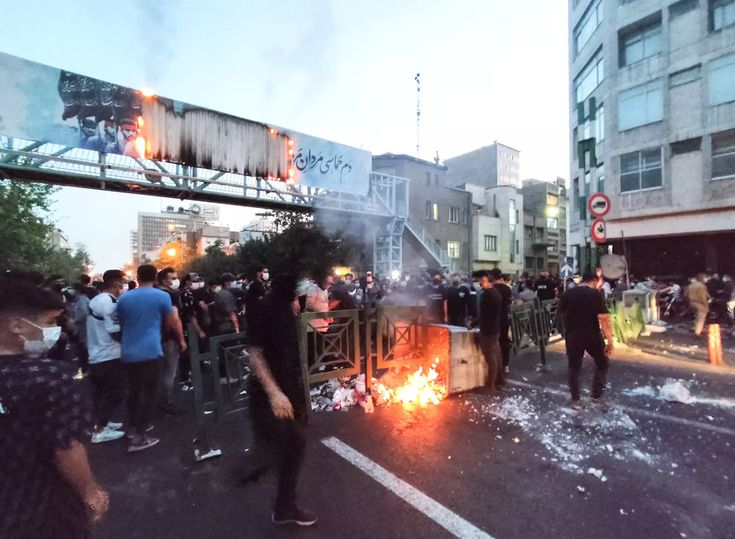
Iran’s Perspective
From Iran’s point of view, these strikes are justified acts of self-defense. Iranian leaders have long accused the United States of destabilizing the region, supporting regime change, and violating their sovereignty. In recent months, Tehran has claimed that US drones and special operations teams have crossed into Iranian territory or interfered with Iranian military maneuvers.
Iran’s Supreme Leader, Ayatollah Ali Khamenei, issued a statement following the missile launches, praising the IRGC and asserting that “any attack on Iran will be met with a firm and immediate response.” He also reiterated Iran’s commitment to defending its territorial integrity and national interests.
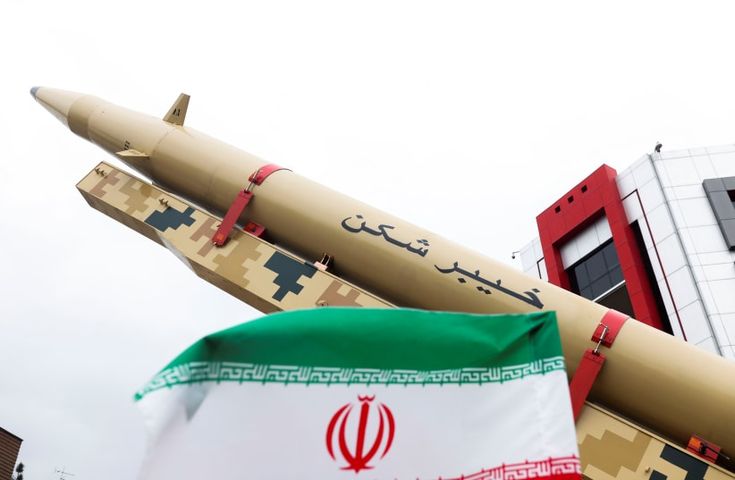
The Human Impact
Although official casualty figures have not been released by the US or Iran, local sources in Iraq have reported multiple explosions near the Ain al-Asad Air Base, with reports of injuries to both military personnel and nearby civilians. In Qatar, eyewitnesses described hearing loud blasts near Al Udeid, followed by a flurry of emergency activity. The Qatari government has not yet issued a full statement but has reportedly placed its military forces on high alert.
Civilians across Iraq and the Gulf region are bracing for what comes next. Many fear that this could be the beginning of a wider war, particularly if the United States decides to retaliate with force. In Baghdad and Doha, embassies have urged their citizens to remain indoors and avoid military installations.

What Happens Next?
The world now waits to see what form the US response will take. Options range from increased sanctions and diplomatic pressure to precision airstrikes or cyber operations. While some US lawmakers are calling for restraint and diplomacy, others are demanding a forceful response to ensure deterrence.
Some analysts suggest that both nations may try to manage the crisis through indirect talks or backchannel diplomacy. Others fear that domestic political pressures in both Washington and Tehran will make it difficult to avoid further escalation.
In the meantime, military assets from both sides are being mobilized. US aircraft carriers have been repositioned, and Iran has reportedly moved some missile systems and activated air defense units.

Conclusion
The missile strikes by Iran on US bases in Qatar and Iraq represent a dangerous turning point in US-Iran relations. While it remains to be seen how the United States will respond, what is clear is that the risks of miscalculation and unintended escalation are now greater than ever. The international community is urging diplomacy, but with both sides entrenched in their positions, the path to peace will require careful navigation and tremendous political will.
For now, the world watches and waits, hoping that reason will prevail over retaliation—and that this crisis can be defused before it spirals further out of control.
